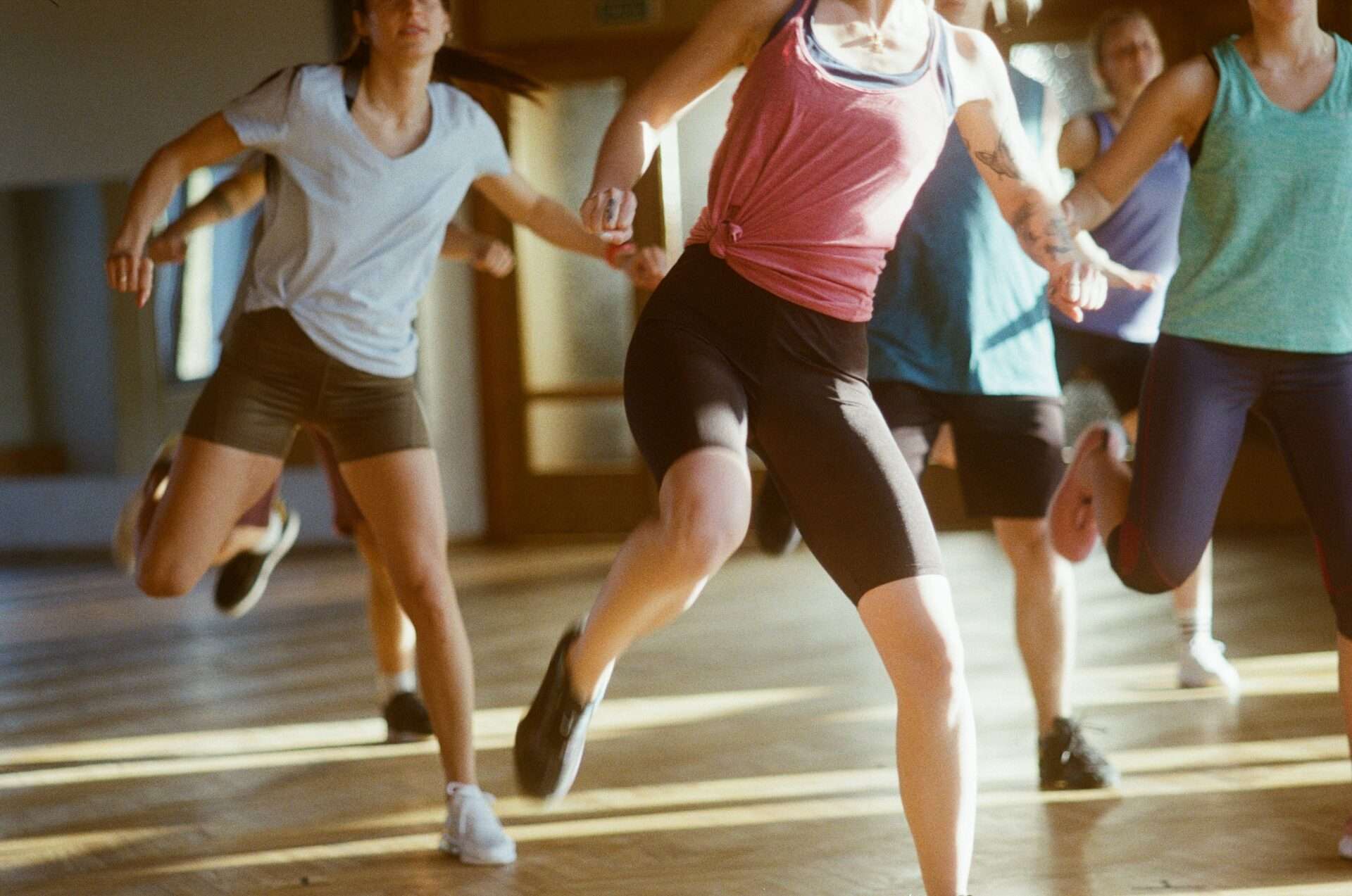The Science of Exercise and Stress Relief
Physical activity serves as a powerful antidote to stress by triggering biochemical changes that enhance mental wellbeing while improving physical health.
How Movement Combats Stress
- Endorphin release: Natural mood boosters that reduce pain perception
- Cortisol regulation: Helps normalize stress hormone levels
- Neurogenesis: Stimulates brain cell growth in stress-affected areas
Overcoming Exercise Barriers
Conquering Gym Intimidation
| Challenge | Solution |
|---|---|
| Fear of judgment | Remember most people focus on their own workouts |
| Unfamiliar equipment | Take an orientation session or start with simple machines |
| Comparing to others | Focus on personal progress, not others’ journeys |
Building Sustainable Habits
- Start with just 10-15 minute sessions
- Choose activities you genuinely enjoy
- Schedule workouts like important appointments
- Track progress to stay motivated
Community and Support Systems
Finding Your Fitness Tribe
- Join local running clubs or sports leagues
- Try group classes that match your interests
- Connect with online fitness communities
- Consider working with a personal trainer
Family Fitness Ideas
- Weekend hiking or biking adventures
- Backyard obstacle courses
- Dance parties in the living room
- Walking meetings instead of drive-thrus
Efficient Workout Strategies
Time-Saving Approaches
- HIIT: 20-30 minute high-intensity sessions
- Circuit training: Combine strength and cardio
- Active commuting: Bike or walk when possible
- Micro-workouts: 5-10 minute movement breaks
Outdoor Activity Benefits
- Increased vitamin D exposure
- Natural terrain challenges balance and coordination
- Fresh air enhances mental clarity
- Changing scenery prevents boredom
Mindset and Motivation
Sustainable Motivation Techniques
- Set SMART (Specific, Measurable, Achievable, Relevant, Time-bound) goals
- Celebrate non-scale victories like energy improvements
- Create inspirational playlists or podcasts for workouts
- Practice positive self-talk during challenging moments
When to Seek Professional Guidance
- Persistent lack of motivation
- Recovering from injury
- Need for personalized programming
- Nutritional counseling needs
Number of Views: 2



